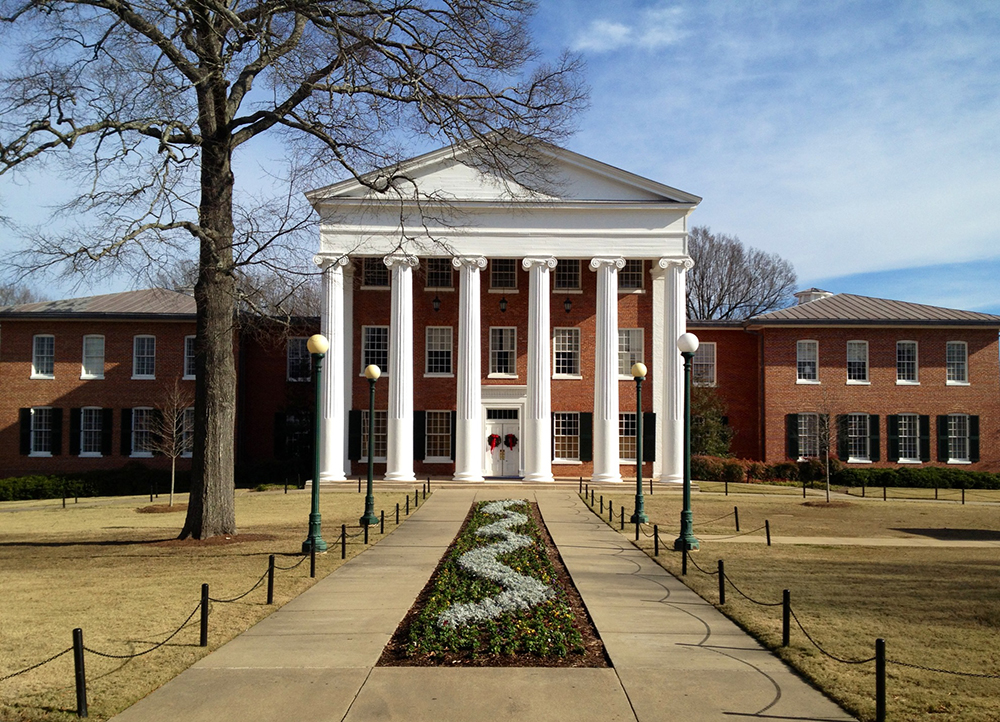|
Getting your Trinity Audio player ready...
|
For generations, America’s Ivy League and elite universities stood as pillars of intellectual excellence and bastions of free inquiry. Yet today, these institutions are grappling with an identity crisis of their own making. The shift away from their foundational principles of open discourse, intellectual rigor, and inclusivity has prompted an exodus of both top-tier students and crucial alumni donors. What’s left is a reckoning that, while painful, is overdue and necessary for the integrity of higher education.
The immediate flashpoint for this reckoning stems from the horrifying wave of anti-Semitism that erupted on campuses following the October 7 attacks on Israel. Masked as “pro-Palestinian activism,” this surge has revealed a deeper rot: the erosion of free speech and fundamental Enlightenment values. These universities, once priding themselves on fostering diverse perspectives, now often tacitly endorse or fail to address blatant bigotry under the guise of “wokeness.”
Organizations such as StopAntisemitism and Alums for Campus Fairness have quantified this failure. According to StopAntisemitism’s 2024 report, a staggering 72% of Jewish students feel unwelcome in certain campus spaces solely because of their Jewish identity, while over half have directly experienced anti-Semitism. Schools that traditionally held a reputation for intellectual rigor and inclusivity—like MIT, Brown, and Cornell—have earned failing grades for their handling of anti-Semitism.
This neglect extends to other fundamental principles. The Foundation for Individual Rights and Expression ranks schools on their commitment to free speech, and the results are equally damning. Columbia University, long a symbol of academic prestige, ranks a dismal 250th out of 251 schools. Brown University fares only slightly better at 229th. These statistics reflect a broader abandonment of the Enlightenment ideals that should define higher education: free inquiry, reasoned debate, and the pursuit of knowledge.
In contrast, universities that have resisted the “woke” drift are emerging as havens of intellectual freedom and inclusivity. Clemson University and the University of Mississippi, often overlooked in national discourse, have demonstrated a commitment to fostering environments where hate truly has no home. These institutions earned top marks from StopAntisemitism for their proactive approaches to combating anti-Semitism and promoting a sense of belonging for all students. Similarly, their rankings in free speech—21st and 20th, respectively—highlight their dedication to open discourse.
The benefits of these policies are tangible. As elite institutions of higher learning such as Harvard see a sharp 17% decline in early decision applications for the class of 2028, schools such as Clemson and Ole Miss are likely to attract not only disillusioned students but also alumni donors seeking to invest in universities that uphold their values. These schools’ rise underscores a significant shift: intellectual excellence is no longer synonymous with elitism. It is now tied to principles.
The financial repercussions for elite universities are already apparent. Wealthy donors such as Bill Ackman, Marc Rowan, Robert Kraft, and Ken Griffin—who collectively have given hundreds of millions—have announced they are halting contributions to such Ivy League institutions as Harvard and Columbia. These decisions are not just symbolic; they’re a wake-up call. With alumni pulling support, universities accustomed to relying on their massive endowments must now confront the reality that those funds may not be inexhaustible. Adding to the pressure, calls for taxing these endowments are gaining a lot of momentum.
Elite universities face a clear choice: they can continue to cling to a performative embrace of “woke” ideologies, hoping to weather the storm, or they can seize this moment as an opportunity for reform. The path to redemption is straightforward but requires courage. These institutions must recommit to free speech by establishing clear policies that protect the open exchange of ideas, even when they are controversial or unpopular.
Moreover, they must address anti-Semitism in a proactive fashion through the implementation of zero-tolerance policies for hate speech and discriminatory behavior, backed by transparent enforcement mechanisms.
They must also make it a chief priority to focus on achieving academic excellence by shifting their priorities away from ideological conformity and back to the rigorous pursuit of knowledge and truth.
They must also engage alumni on a consistent basis in order to rebuild trust with disillusioned alumni. They can do this through transparent communication and concrete actions that demonstrate a commitment to change.
The decline of America’s elite universities is not inevitable. It is a consequence of choices—choices to prioritize ideological fads over enduring principles, to silence dissent rather than foster debate, and to neglect the very students these institutions claim to serve. But just as this decline is a result of choices, so too can reform begin with deliberate action.
Schools such as Clemson and Ole Miss offer a blueprint for what is possible when universities place values above virtue signaling. The question now is whether the Ivy League and other elite institutions will follow suit or continue down their current path to irrelevance. The stakes are nothing less than the future of higher education in America.





